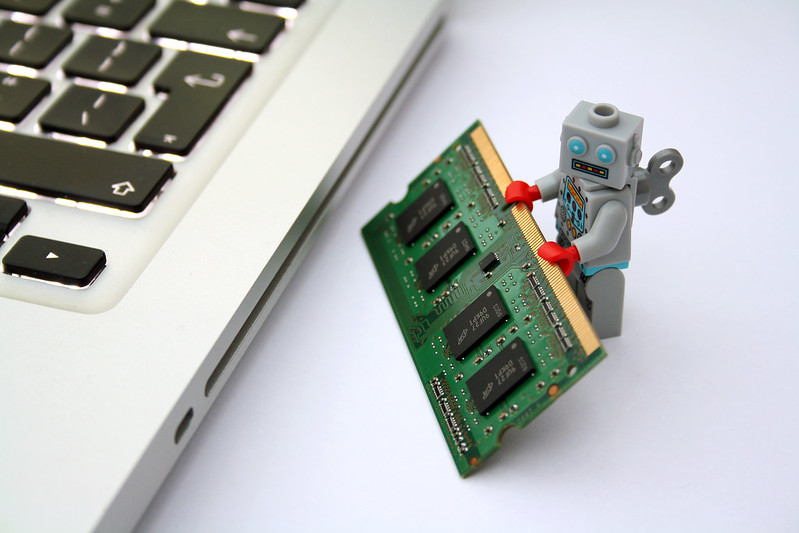AI Content Creation: Robot Revolution or Recipe for Disaster?

Looks like I’m going to have to do this article about the benefits and problems of using A.I. the good old fashioned way.
I found some news and resources by manual search, but found it all a bit too unwieldly to put together in one article, so asked A.I. to do that for me.
A.I. Giveaways Loomed Large – Spot The Difference
It was all too obviously machine written so I’m using a ‘combo’ of my words and A.I.’s text. See if you can see where my words end and A.I’s begin, & vice-versa.
The 2 things I want to highlight are:
- An A.I. being ‘Busted’ for scraping content and being accused of plagarism
- An article detailing common words and phrasers that tend to spoil A.I. generated content

The world of content creation is undergoing a revolution with the rise of Artificial Intelligence (AI) tools. These tools promise faster content generation, streamlined workflows, and even the ability to tap into new creative avenues. However, concerns linger about the quality, originality, and ethical implications of AI-generated content.
This article explores the benefits and problems of using AI in content creation, using the recent controversy surrounding Perplexity as a springboard for discussion.
Benefits of AI Content Creation:
- Efficiency and Speed: AI can automate repetitive tasks such as research, keyword analysis, and content outlining, freeing up human creators to focus on strategy and higher-level thinking.
- Content Diversification: AI tools can help generate ideas and explore different angles on a topic, potentially leading to more diverse and engaging content.
- Accessibility: AI tools can make content creation more accessible for those without extensive writing experience or facing time constraints.
- Global Reach: AI can translate content into multiple languages, potentially expanding the reach of content creators.
Problems of AI Content Creation:
- Originality and Quality: Accusations of Perplexity scraping content raise concerns about the originality of AI-generated content. Low-quality content can damage a creator’s reputation.
- Ethical Considerations: Scraping websites for content training raises copyright concerns. Additionally, AI tools may perpetuate biases present in their training data.
- Job displacement: As AI automates content creation tasks, some human content creators may face job losses.
- Over-reliance on AI: Overdependence on AI tools can stifle human creativity and critical thinking skills.
The Perplexity Controversy and its Implications:
Perplexity, an AI content creation tool, has been accused of scraping data from websites that expressly prohibit such practices. This incident highlights the ethical considerations surrounding AI training data and content ownership.
Read the full article Here
Moving Forward with AI in Content Creation:
AI has the potential to be a powerful tool for content creators, but it’s crucial to use it responsibly. Here are some key takeaways:
- Transparency: AI developers and users should be transparent about the source of training data and content creation processes.
- Human Oversight: AI should be seen as a tool to augment human creativity, not replace it. Human oversight remains vital to ensure quality and originality.
- Ethical Considerations: AI training data and content generation should be conducted ethically, respecting copyright and avoiding biases.
By addressing these challenges and using AI responsibly, we can harness its potential to create a future of rich and diverse content while safeguarding ethical principles.
How to Spot A.I. Generated Content
There’s several words and phrases A.I. over-users in its content.
Learn what they are so you can edit them out of your work. Click Here to get the list



Comments are closed.